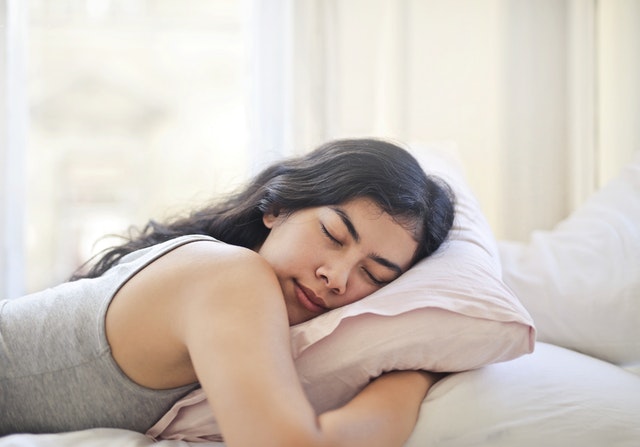According to a study, it is shown that about 10 to 25 % of adults have chronic insomnia. There must be a reason where it all starts and how it develops into such severity. Sleep is something that provides you with energy for working throughout the day. A disturbed sleep enormously hampers your body, and we don’t want it. In this post, we will be guiding you through some of the things that you should immediately stop doing before going to sleep. Let’s check them one by one.
-
Surfing the internet or playing games:
Most of us are in the habit of surfing Facebook, Instagram or watching YouTube just before bedtime. That is something which you should altogether avoid before bedtime. The reason is that the electronic devices emit a particular harmful blue light, which disturbs the natural body mechanism to produce melatonin. The absence of this hormone prevents the body from feeling asleep even if you are tired. It would be a piece of advice that you don’t use an electronic device one hour before bed. Even if you have to do, reduce the screen’s brightness, which will reduce the harmful effect of the light.
-
Taking medicines:
There are certain medications that prevent the body from falling asleep. Most people complain of taking medicines just before sleep and feeling restless throughout the night. Well, this might be a problem as there are certain medications like anti-depressants or pain medications that create a profound impact on your sleep. So make sure that you refer to your doctor regarding this and adjust the timing of your medicines.
-
Drinking coffee or consuming caffeine:
Sipping in some hot coffee or tea may not be something you really want to do as studies say that tea or coffee contains about 85-110 milligrams of caffeine per cup, and it takes half the day to metabolize this. So, try and avoid drinking tea or coffee just before bed, as it will hamper your sleep schedule. But if you really are into some hot beverages in the evening, you can try some decaf options.
-
Too much alcohol intake:
Some people are into believing that getting squashed may make them feel asleep. But this is half the truth; drinking too much alcohol will make you rush to the bathroom throughout the night. Moreover, even if you wake up, it creates a severe hangover making you tired throughout the day, and you lack any energy to work or do your daily schedule.
-
Pushing yourself to exercise more:
Working out is really essential in order to make yourself fit. But sometimes too much intense exercise just before bed, or if you are working out in a gym just before bed, it can be a little difficult for you to sleep. Generally, a lot of adrenaline is secreted during a workout, which prevents the body from falling asleep. So, try and exercise in the afternoon or evening, so you have a sufficient gap in between, which will help your body to rest sufficiently and get you a good night’s sleep.
-
Eating a heavy meal:
You can always have a light snack just before sleep to satisfy your cravings. But try avoiding fatty or oily food just before bed. This makes the body heightened up, thereby taking a long time to digest, making you uncomfortable throughout the night. So, stop eating such food just before bed and have a peaceful sleep.
-
Stressing out:
Sometimes, due to a hard day at work or a fight with our loved ones, we feel quite stressed out. If this happens, your body is not at all rest. You might also be in the habit of resolving fights before sleep, well don’t. Pause for the night, get yourself a goodnight’s sleep. It may happen that this can actually resolve the fight; if it doesn’t, you can discuss it in the morning.
-
Drinking lots of water:
Drinking water throughout the day is quite essential, mainly to keep ourselves hydrated. But chugging in too much water before sleep is something you should avoid if you don’t want to wake up and pee throughout the night. Try to keep a gap between drinking water and sleeping at night.
-
Overheating the room:
Sometimes, during winters, you generally want to keep your thermostat at the higher end and make your room warm. But sometimes, the excess heat may be a reason why you are not falling asleep. According to studies, human bodies tend to fall asleep during 66-71 degrees Fahrenheit. So, increasing the heat up may make your nerves heightened up and make it difficult for you to fall asleep.
Bottom Line
So, these are a few things that you should avoid before going to sleep. Try these, and it would definitely help you sleep better. If it still persists, you should then pay a visit to your doctor.
You May like:
Ovulation pain: Can it be a sign?
An unpleasant sensation of cramps always bothers us, which you already know comes with the menstrual cycle, but what about abdominal pain between your periods or in the middle of the cycle, this indicates you are experiencing ovulating pain though unpleasant is completely a normal phenomenon which occurs when your ovary releases its monthly egg. Read More


